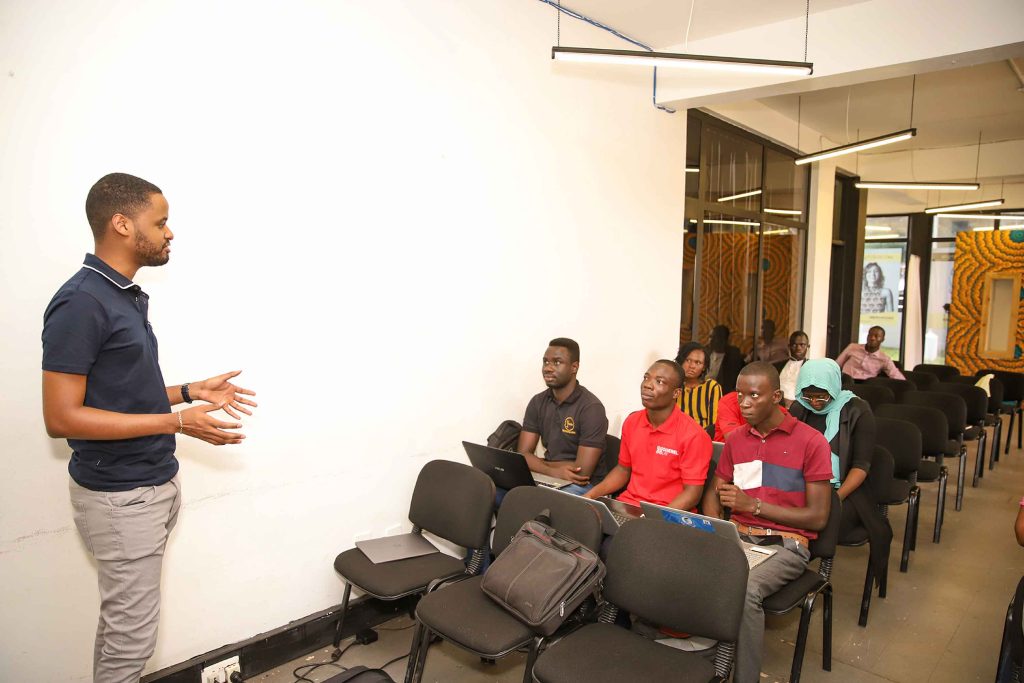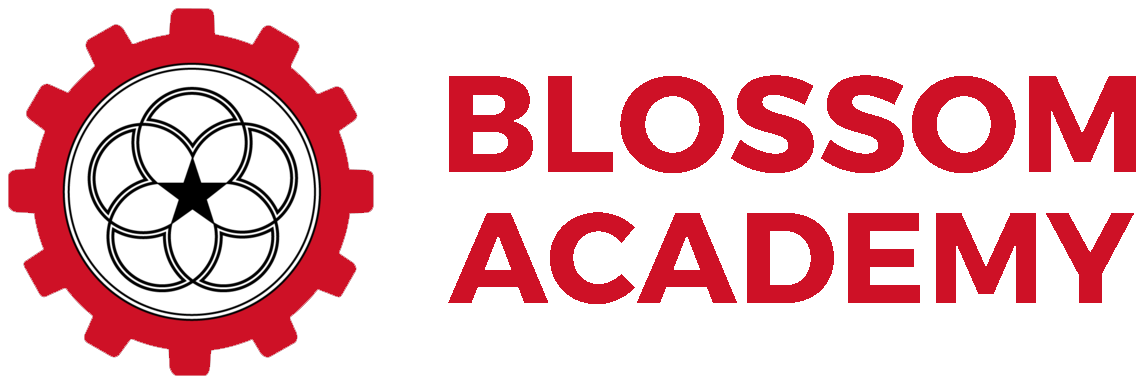
“Data is the new oil”, this phrase inarguably has proven to be true as data is being used practically everywhere. Just like oil, data is now shaping the new world. Every sector or industry is revolutionizing the application of Data Science. Presently, the health care sector is one of the major sectors utilizing Data Science to produce phenomenal results. Data has become a key asset in health care delivery with very little limits to its potential value. Many procedures and facilities have been advanced as a result of Data Science tools and techniques.
Africa’s health care systems, however, in relative terms, are behind the rest of the world. Africa makes up 15% of the world’s total population and it bears 25% of the global disease burden. With the expected growth rate to double by 2050, the burden of both communicable and non-communicable diseases is striking across the continent. “Data science holds great potential for understanding the burden of disease across Africa,” said Davila-Roman, a professor of medicine, anesthesiology and radiology.
Collecting relevant data provides actionable insights into trends, best practices and overall patient care. In this article, we would take a brief look at how data science can be used to advance health care in Africa.
The process of drug discovery appears to be very complex and demanding. Time, money, and several series of tests are tied to the discovery process. Scientific algorithms and machine learning data largely simplify this process while adding perspective to every step of the process from the initial discovery to predicting success rate- depending on the biological factors. Instead of using the traditional approach to experimenting in the lab, technology can be applied to create simulations and further develop mathematical models for analysis.
Doctors are usually seen to consider tests and images in light of the problem the patient is admitted with. Data Science brings so much value to undiagnosed disease discovery. Essentially, machine learning – a series of data science techniques that help computers learn from data – in healthcare can enable doctors to examine a patient for all possible diseases after only one visit. In the case of a patient that comes in with a fractured rib, a machine can be able to identify cancer in the lung. Incidental disease findings are possible through the use of data science.
Artificial Intelligence (AI) capabilities are seen to be applied increasingly in magnetic resonance imaging. Doctors get dozens of images to be evaluated daily and this can be time-consuming. To help doctors analyze this data more efficiently and effectively, AI has been interwoven into MR scanners which evaluates the quality of images and compares the results with the previous indicators to identify the dynamics of the disease.
Management of patient data has proven to be more convenient with the use of data science. In Africa especially, there is a lot of paperwork in health care. This ranges from patients’ hospital cards to patients’ health history folders to even drug prescriptions. It becomes difficult to keep track of all the paperwork; especially considering the size of our population. In this field, optical character recognition and vector machines are two very helpful techniques. With the use of digital data where records can be backed up digitally, patients’ health history can be easily accessible and health care delivery can be made seamless.
Data science is a rapidly evolving interdisciplinary field that has an important role to play in health discovery. Leveraging the power of data science on the continent would improve the overall quality of healthcare delivery. The efficient and effective use of data has the potential to create the transformative steps and changes needed in health care in Africa.
Kickstart your data analytics or data science career by joining the next Blossom Academy bootcamp. Express interest at www.blossom.africa or email us at [email protected].
